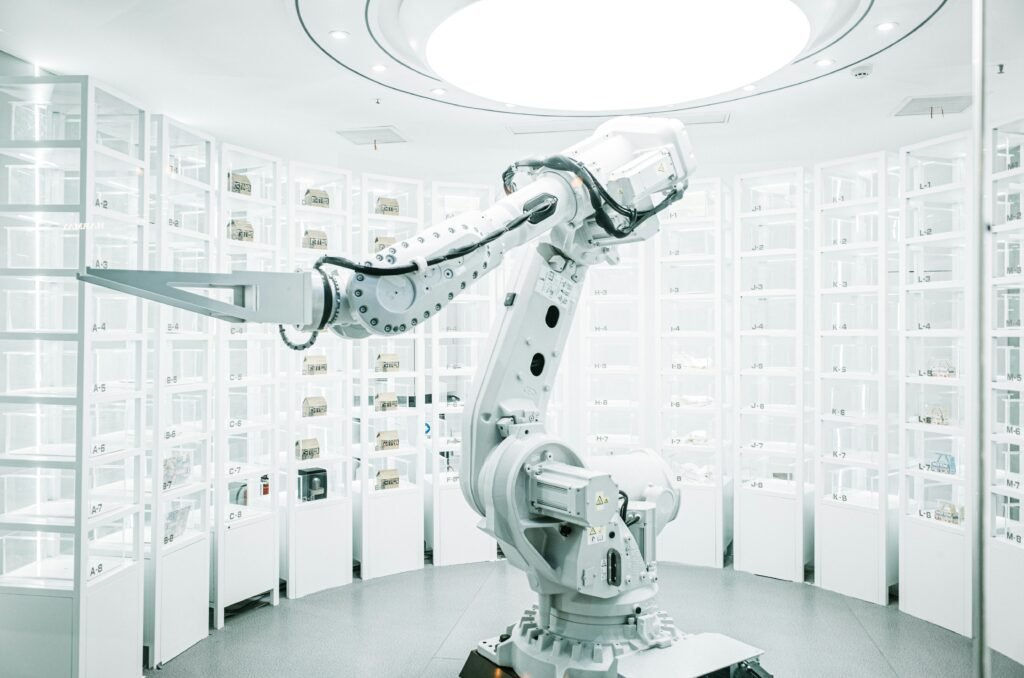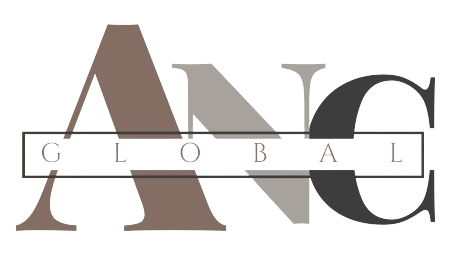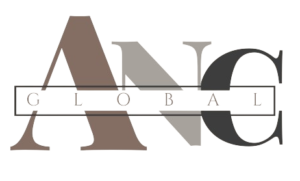How Is AI Replacing Jobs?
Artificial Intelligence (AI) has transformed industries across the globe, automating tasks, improving efficiencies, and revolutionizing workflows. However, this rapid evolution raises concerns about job displacement, with machines increasingly taking over roles once performed by humans. While AI undoubtedly enhances productivity, it also brings challenges, particularly in workforce adaptation and employment sustainability. This blog delves into how AI is replacing jobs, the industries most affected, and the role of HR in navigating this shift.
The Rise of AI in the Workplace

AI’s integration into workplaces has introduced numerous advantages, including speed, precision, and cost-effectiveness. Businesses across sectors leverage AI tools for data analysis, customer service, and even creative tasks.
Key Areas Where AI Is Making an Impact
Automation of Repetitive Tasks:
Tasks like data entry, invoice processing, and inventory management are increasingly handled by AI-powered systems. For example, platforms like UiPath provide robotic process automation (RPA) solutions, streamlining mundane operations.
Explore More: Navigating Redundancies
Customer Support:
Chatbots and virtual assistants powered by natural language processing (NLP) handle customer queries 24/7. Companies like LivePerson and Drift offer AI-driven conversational interfaces, significantly reducing the need for human agents.
Discover More: HR Solutions for Growth-Minded Entrepreneurs
Manufacturing and Logistics:
Industries such as automotive manufacturing rely heavily on AI for assembly line automation and predictive maintenance. Amazon uses AI-powered robots in its warehouses as a prime example of efficiency through technology.
Learn More About Fit-for-Purpose Design: Fit-for-Purpose Organization Design (FPOD)
Healthcare:
AI in healthcare facilitates early disease detection, drug discovery, and administrative tasks. IBM Watson Health uses AI to analyze medical records and assist in clinical decision-making.
Industries Most Affected by AI Displacement
Retail:
Automated checkout systems and inventory management tools are reducing the need for retail workers. Amazon Go stores, for instance, operate without traditional cashiers, relying instead on AI and computer vision technology.
Related Content: Remote Work vs. In-Person Work
Transportation:
Self-driving vehicles developed by companies like Tesla and Waymo are poised to disrupt the transportation industry, potentially replacing roles such as truck drivers and delivery personnel.
Financial Services:
Tasks like fraud detection, credit scoring, and financial advising are increasingly automated. AI platforms like Zest AI enable faster, unbiased credit decision-making processes.
Discover More: The Power of Leadership Coaching
Manufacturing:
Robots equipped with machine learning capabilities are replacing assembly line workers. Companies like Siemens use AI to optimize production processes, improving both speed and accuracy.
Content Creation:
AI tools like ChatGPT and Jasper AI assist in generating written content, reducing the demand for entry-level writing and editing positions.
Read More: Building an HR Chatbot

The Challenges of AI Job Displacement
While AI improves productivity, it also creates significant challenges:
- Skill Gaps: Workers must acquire new skills to stay relevant in a technology-driven job market. Platforms like Coursera and edX offer upskilling opportunities in fields like data science and machine learning.
Explore Solutions: Capability Development Matrix (CDM) - Economic Inequality: The displacement of low-skill jobs exacerbates wage gaps. Governments and organizations must collaborate to implement fair policies and social safety nets.
- Resistance to Change: Employees may resist AI adoption due to fear of redundancy. Effective change management strategies are crucial to easing this transition. Learn how to manage organizational change.
Opportunities Created by AI
Despite concerns, AI is also creating new opportunities. The key lies in adapting to these changes and leveraging the benefits AI offers.
Emerging Roles in the AI Era:
- AI Specialists: Demand for machine learning engineers, data scientists, and AI ethicists is on the rise.
- Human-AI Collaboration: Roles that combine human intuition with AI efficiency, such as AI trainers or analysts, are becoming more prevalent.
Relevant Resource: Leadership Assessment Framework (LAF) - Focus on Creativity: Jobs requiring creativity, emotional intelligence, and interpersonal skills, such as marketing strategists and HR professionals, remain critical.
Discover More: Employee Value Proposition Strategy.
HR’s Role in the Digital Age
Human Resources (HR) plays a pivotal role in managing the AI-driven workplace transformation. HR professionals must adapt to ensure that technology complements human efforts rather than replacing them entirely.
Key HR Responsibilities in the AI Era:
- Upskilling and Reskilling: Providing employees with learning opportunities ensures they remain competitive. Collaborate with platforms like LinkedIn Learning for effective training solutions.
Relevant Link: New Leaders Onboarding and Coaching - Workforce Planning: HR must anticipate AI’s impact on job roles and strategically plan workforce transitions.
- Ethical AI Implementation: HR professionals must advocate for ethical AI usage, addressing concerns like bias and transparency. The World Economic Forum provides guidelines for responsible AI adoption.
- Employee Well-Being: Supporting employees during transitions reduces resistance and fosters a positive workplace culture. Explore employee engagement strategies.
How ANC Global Can Empower Your Business

At ANC Global, we specialize in helping organisations tackle AI challenges with tailored solutions that drive results. Here’s how we can support your business:
- Custom HR Strategies: From recruitment to employee engagement, we design HR strategies that align with your specific needs.
- Compliance Expertise: Our team ensures your business stays compliant with labor laws, mitigating risks and protecting your reputation.
- Leadership Development: We provide tools and guidance to help you build a strong leadership team that inspires and drives performance. Explore our Leadership Assessment Framework (LAF).
- Cost-Effective Solutions: Our consultative approach empowers you with best practices and tools, allowing you to implement sustainable HR solutions without breaking the bank.
Conclusion
AI is undoubtedly reshaping the job market, automating repetitive tasks while creating opportunities for innovation. While industries face challenges such as job displacement and skill gaps, organizations that embrace change and invest in their workforce can thrive. HR professionals play a crucial role in ensuring a balanced and ethical integration of AI, enabling businesses and employees to succeed in this digital age.
Are you ready to navigate the AI revolution? Contact ANC Global for tailored HR solutions: Get in Touch.
Explore More from Our Services
Explore More from Our Insights
- Imposter Syndrome: Why Women in Startups Might Hold Back
- Pay Parity and Its Effects on the Global Economic Crisis
- Why Middle Managers Make or Break Organizations
- Unseen Struggles: How Microaggressions Shape Workplace Experience
- Harnessing Collective Intelligence for Transformational Change
- Adaptive Leadership: Navigating a Dynamic Symphony
- Saudi Arabia Surges Ahead in MENA Venture Capital
Table of Contents
Reach Our Global Consultants
- Employee Disengagement: Your Fault or the General Environment’s?
- How to Develop a Strategic Workforce Plan: A Guide for HR Directors
- How Your Head of HR Helps the CEO Win: The Strategic Edge No One Talks About
- Is AI Killing Creativity in your employees?
- Top 3 Issues on the Minds of MENA Board Directors in 2025
